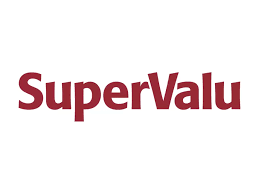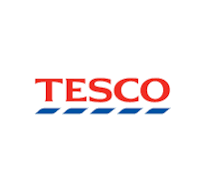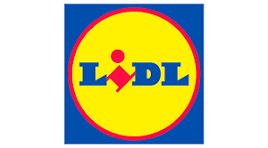GFSI Conference
Programme
Tap Into Dublin's Innovative Energy!
On behalf of this year’s GFSI Conference Committee, GFSI welcomes you on this Discovery Tour on Monday, the 31st ! There’s no better way to become acquainted with the creative energy that powers this year’s host city than to join a tour and get a behind-the-scenes look into some of the disruptors that started in Dublin and went on to change the world. To reserve your spot on this tour of Dublin’s hometown heroes, add a Discovery Tour ticket to your basket when registering for the GFSI Conference.
Your Personalised Itinerary for Monday, 31st March 2025
SuperValu serves over 2.9 million customers every week and has 222 stores nationwide. Together with its retail partners, SuperValu employs approximately 14,500 colleagues, making it one of the State’s largest private-sector employers. SuperValu continues to source locally wherever possible which helps to sustain 30,000 jobs in the Irish economy. SuperValu sources 100% of it’s fresh meat and poultry from Bord Bia approved farms and over 1,800 Irish suppliers.

Tesco is a global retailer with a presence in 5 countries. The product range includes food and beverages, clothing, home appliances, and financial services. Entering the Republic of Ireland market in 1997, Tesco Ireland now has 177 stores and operates under 3 different store formats: Hypermarket (Tesco Extra), Supermarket (Tesco) and Convenience stores (Tesco Express). Tesco currently hold a 23.2% market share of the Total Grocery market in Ireland. As one of Ireland’s largest private sector employers, Tesco employs over 13,000 people, with a turnover of circa €3 billion pa.

Kerry, the Taste & Nutrition company, offers solutions that nourish lives all over the world. From humble beginnings as an Irish dairy co-operative, Kerry has grown into an international food industry leader, with people on the ground in more than 50 countries and a manufacturing network of more than 137 locations globally. Kerry has a strong food heritage that is coupled with over 40 years of experience, global insights and market knowledge, culinary and applications expertise as well as its unique solutions which enables it to anticipate and address its customers’ needs.

The German international discount retailer chain owned by Schwarz Group operates over 12,000 stores across the European Union and is known for its efficient operations, private label dominance, and discount pricing strategies.
